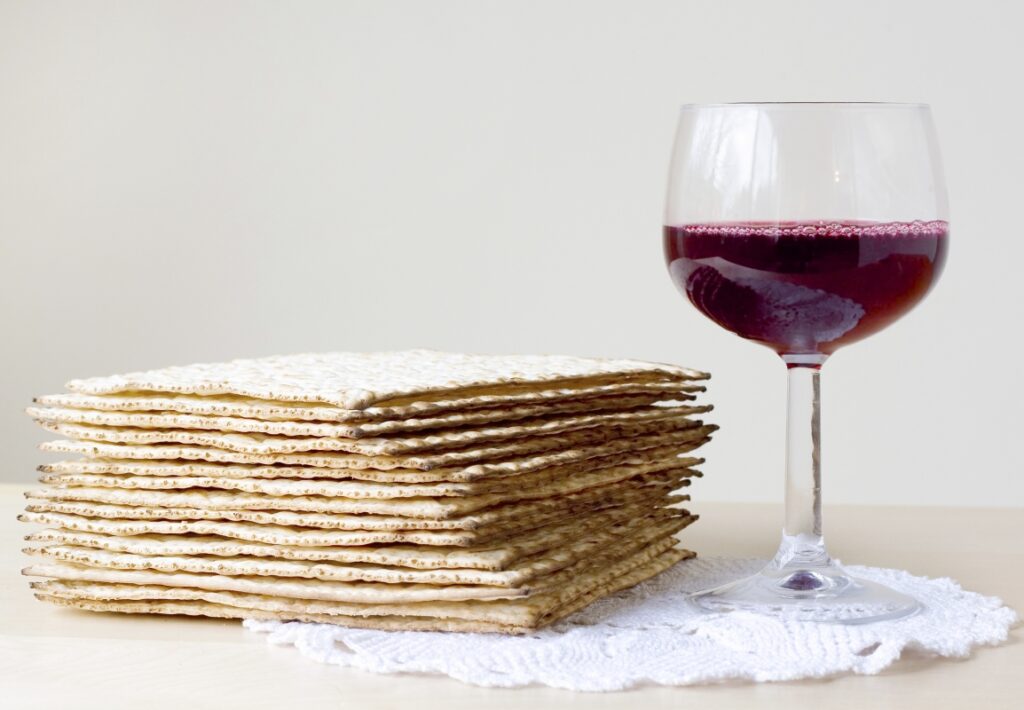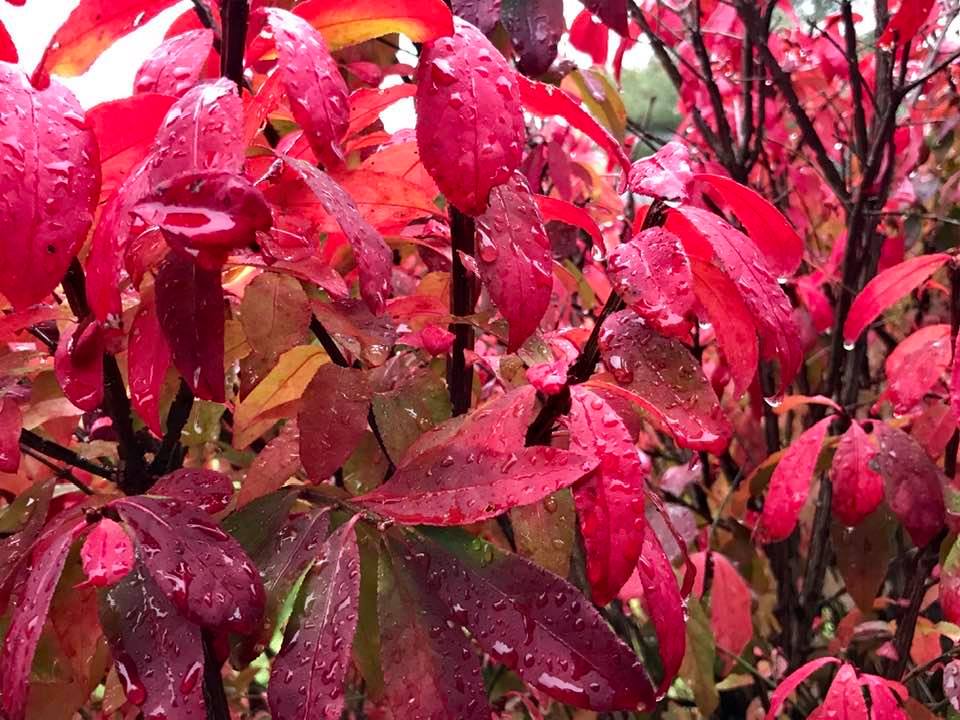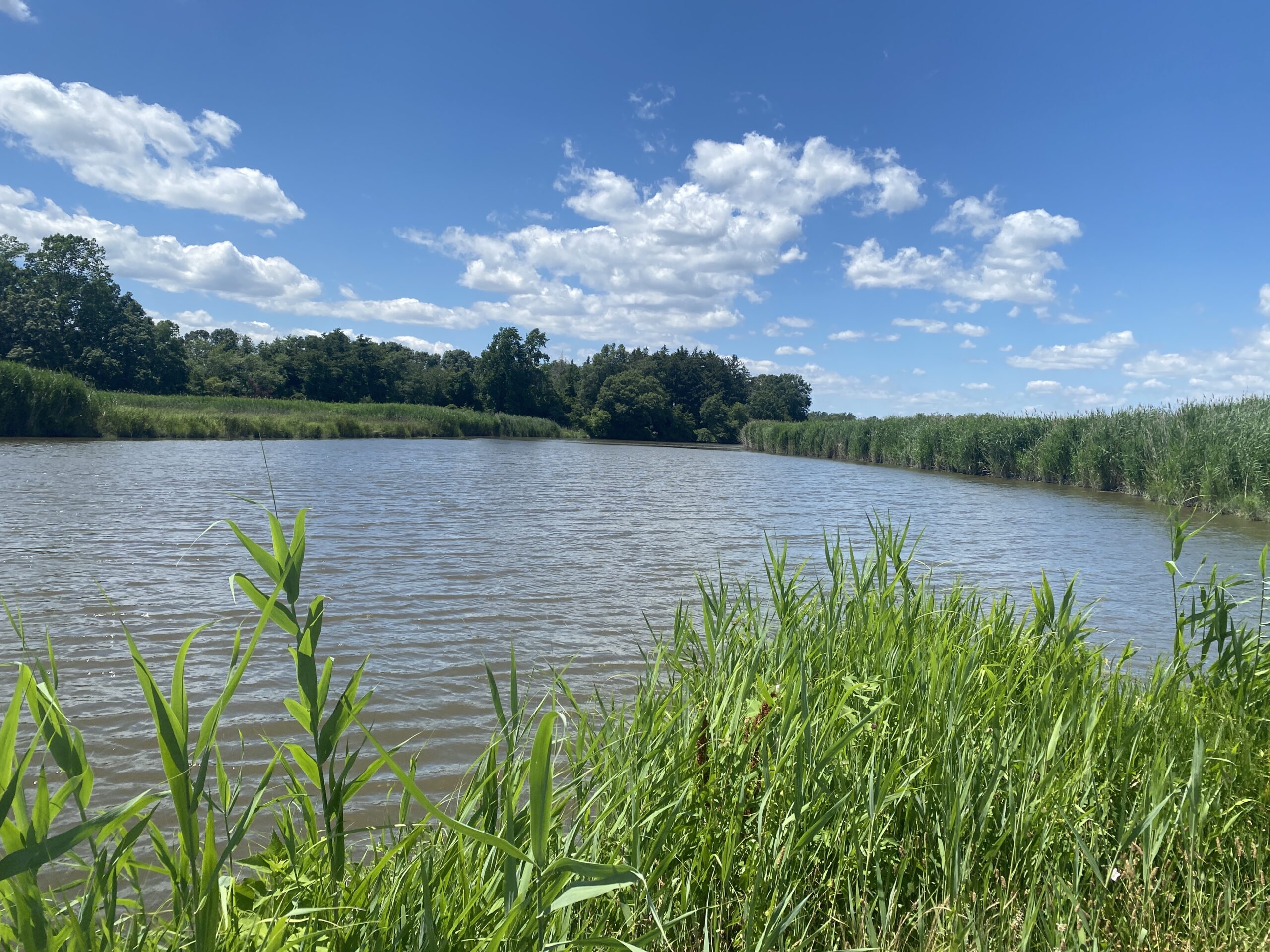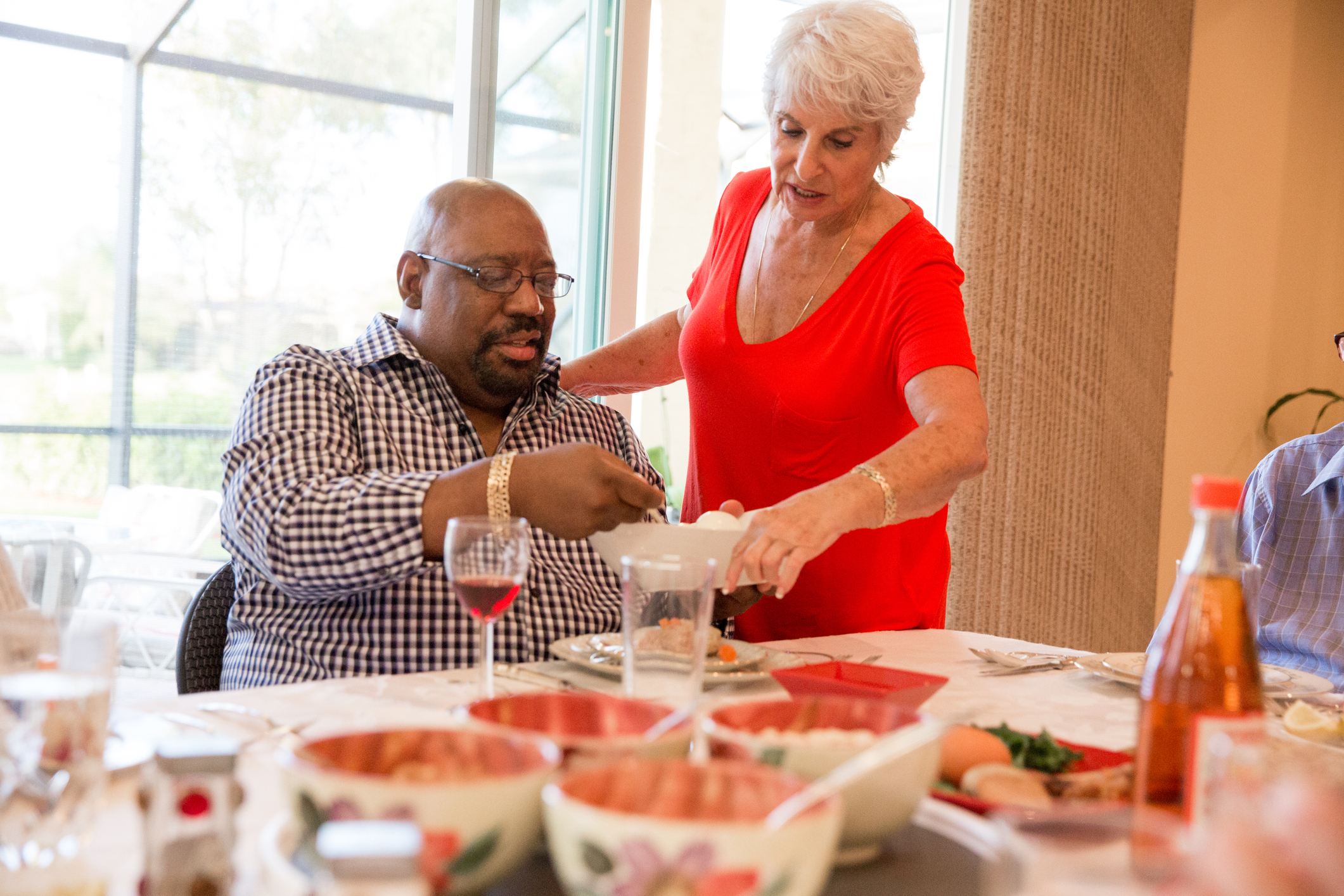Ritual:
Each person pours some of their wine (and water from Miriam’s Cup if it is part of your tradition) into Elijah’s cup. Or the contents of Elijah’s cup and some of each person’s (or all the remainders) into Miriam’s cup.
The door is opened.
Reading:
Now we have thanked HaShem for our food. And for our evolving freedom.
And we ask again. But for what in the face of all we have had to bear?
Not for us … but for You, our God.
Please HaShem,
Don’t let this warmth we’ve made together
Find its way back to fire
Destroying itself and all in its path,
Trying to correct what never can be
By such a means as wrath.
Let us pour it out together.
Let’s carry it in one cup
To the open door of our hearts,
And let the earth
Soak it in instead of the very hearts
We hold so dearly tonight
Having found one another again this year.
Eliyahu and Miriam, now hand in hand,
Rising from this table, walking in embrace
Through our open door
Having tasted matzah with us
And allowed the bitter herbs to warm our lips –
The korbanot now fully slaughtered, eaten, the
Leftovers burned completely with
Not a broken bone.
And we, so awfully aware of
Blood spilled somewhere else –
But not here. Not tonight.
Pour out Your warmth on us
And let it stand and glow
Before the nations as an eternal light.
Let there be no longer a furnace –
But a crucible of love
Making our faces radiant
Like that of your servant Moses
And his sister Miriam,
Shining on one another until next year,
And again, and again, and again.
Ritual continues:
One or all take the cup through the open door and pour it onto the earth.
We come back and sit around the table again to complete the Hallel.












